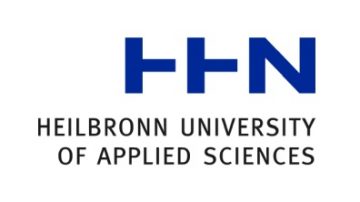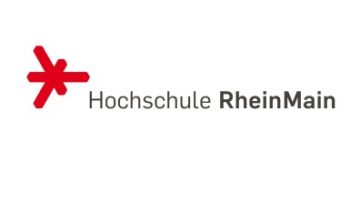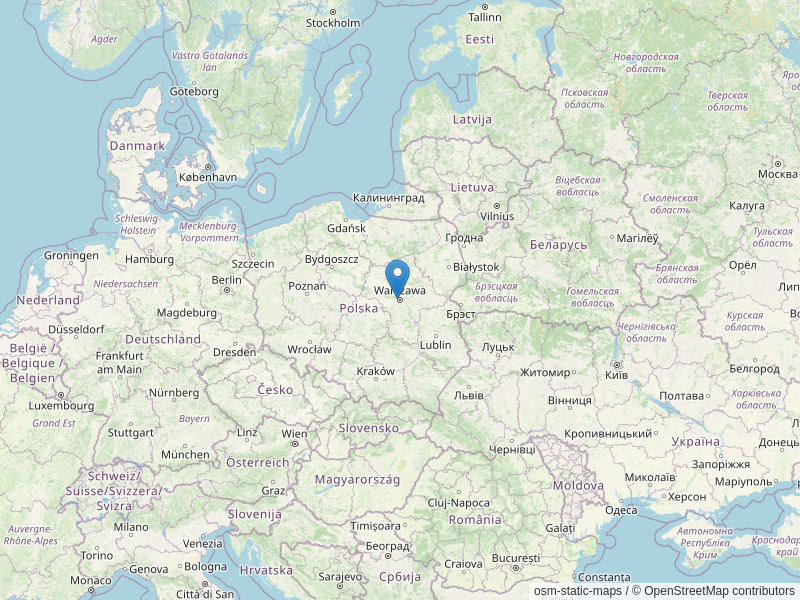Objective
Climate neutrality by the middle of the 21st century is the declared goal of Germany and the EU. Green hydrogen is an important component in the transformation of the energy sector and the decarbonization of emission-intensive sectors. Within the framework of the German and the European hydrogen strategies, we intend to recruit and qualify future specialists and young scientists. In addition, international cooperation, especially in the European Research Area, shall be strengthened and interdisciplinarity and innovative capabilities promoted. The ERA Fellowships – Green Hydrogen programme, funded by the Federal Ministry of Education and Research (BMBF), is complemented by comprehensive networking measures and the establishment of four working groups. Fellows will continue to be involved in those after the end of the funding period and thus will both receive and offer long-term support from and to the German research and innovation location for green hydrogen.
Who can apply?
PostDocs who are interested in any topics related to Green Hydrogen (GH2) and want to be an active part in one of the four working groups:
- Production
- Transport and Infrastructure
- Market stimulation (i.e. further development of the market for hydrogen)
- cross-cutting issues (i.e. regulation, socio-economic and legal framework)
PostDocs working at a university in the following countries are eligible for the GH2 program: EU member states, Albania, Algeria, Argentina, Armenia, Australia, Bosnia and Herzegovina, Brazil, Cameroon, Canada, Chile, Côte d’Ivoire, Faroe Islands, Georgia, Ghana, Island, Israel, Japan, Kosovo, Mexico, Morocco, Republic of Moldova, Montenegro, Namibia, New Zealand, Nigeria, Northern Macedonia, Norway, Serbia, Senegal, South Africa, South Korea, Switzerland, Taiwan, Togo, Türkiye, Tunisia, Ukraine, USA and the United Kingdom.
What can be funded?
The programme provides funding for a research project or continuing academic training at a state or state-recognised institution of higher education in Germany or a non-university research institute, which is being carried out in agreement with a supervisor in Germany.
The fellowship grants access to international working groups and allows for active participation and involvement in a group that can continue after the fellowship ends.
Duration of the funding
1 to 18 months.
The fellowship cannot be extended.
Value
The fellowship covers
- a monthly fellowship instalment of 2,800 Euros
- payments towards health, accident and personal liability insurance cover
- a lump sum towards international travel costs
- In the case of a disability or chronic illness: subsidy for additional costs which result from the disability or chronic illness and are not covered by other funding providers: Further information
- Green Mobility Top Up (Support for climate-friendly travel) or partial reimbursement of carbon offset payments for air travel
- Grant for participation in a congress
Selection
The selection committees are composed according to subject and, if applicable, regional criteria. The committee members are appointed by the DAAD Executive Board and are primarily university teachers from German universities. They evaluate the applications and decide on the awarding of the fellowships. DAAD staff members organize the meeting but have no voting rights.
The selection criteria are:
Academic qualification
- Academic performance (general grade point average, grade development, dissertation grade)
- Course of studies and doctorate
- Academic achievements after graduation, (e.g. publications, lectures, conference papers)
- Quality of research proposal and preparation (originality, topicality and relevance of the project, choice of host institution and first contacts)
- Feasibility and consistency of research plan and schedule (analysis and evaluation stages)
- Suitability of the applicant’s profile and the research project to the objectives of the program (potential for personal and professional development, use of international networking in the working groups as well as own active contributions in the working groups)
For further information on the selection procedure, please refer to the Important Scholarship Information / Section E.





